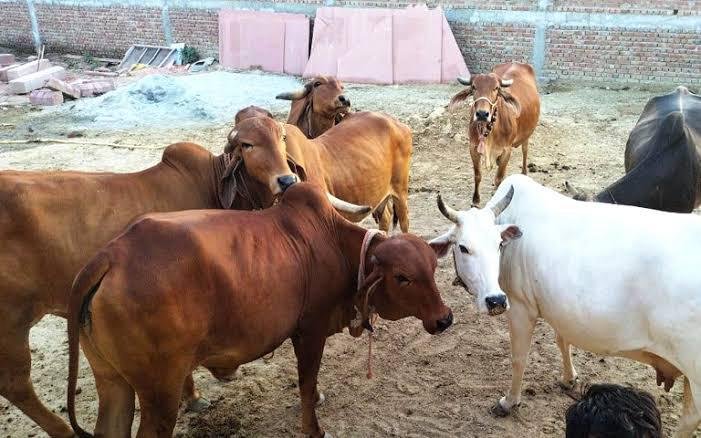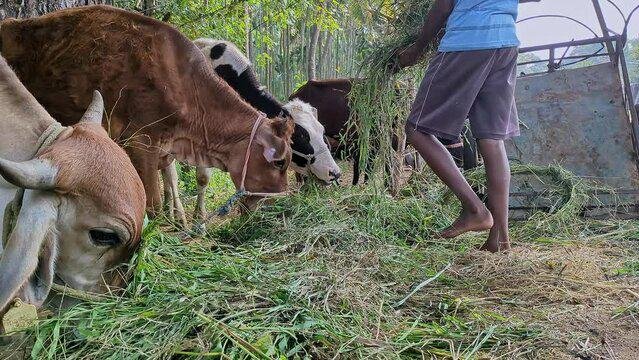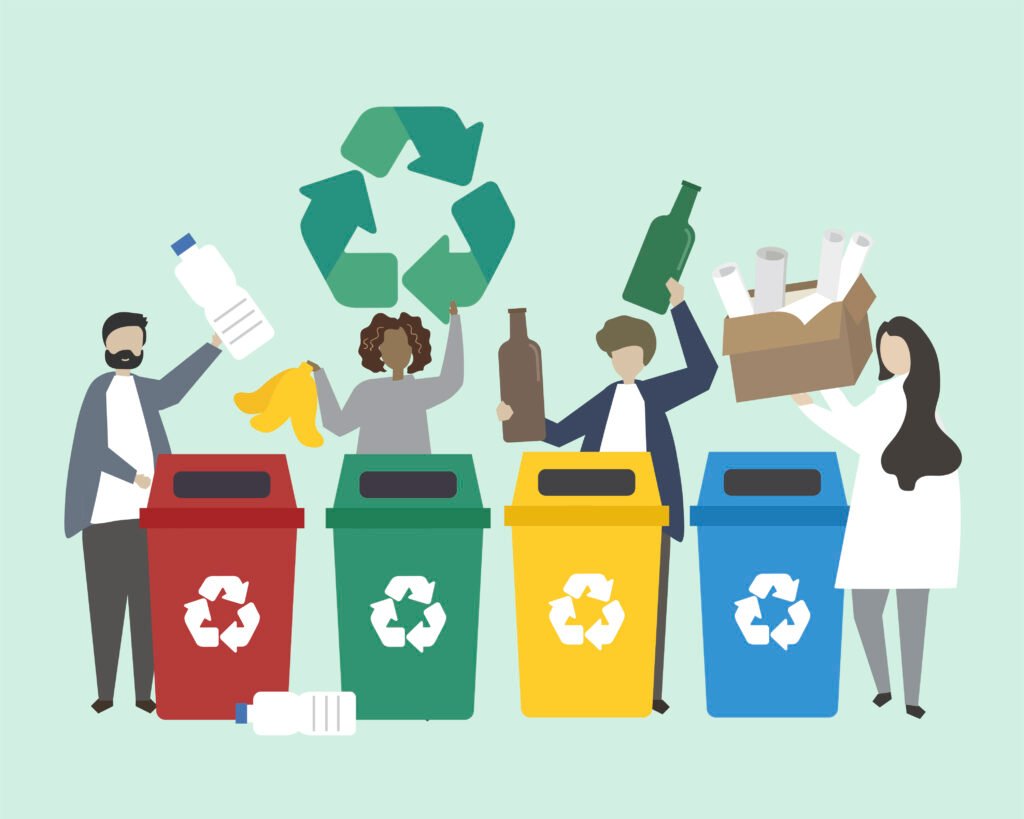Services
Activities of CHATURDIK ABHYUDAY VICHAR SAMITI to promote the “Miyawaki Method” for forestry:
Rural Activities:
Community Workshops: Organize sessions to educate villagers about the Miyawaki Method’s benefits, teaching them how to implement it on small plots of land.
Plantation Drives: Conduct mass plantation events where villagers come together to plant native species using the Miyawaki Method to restore degraded land.
Skill Development Programs: Offer training sessions on nursery management and tree care, empowering locals to sustainably grow and maintain forests.
Collaborations with Farmers: Partner with farmers to introduce agroforestry using the Miyawaki Method, encouraging diverse plantations on agricultural land.
Urban Activities:
School Initiatives: Collaborate with schools to create mini forests within their premises using the Miyawaki Method, engaging students in environmental conservation.
Corporate Partnerships: Work with businesses to implement Miyawaki forests as part of their CSR initiatives, promoting green spaces in urban landscapes.
Public Awareness Campaigns: Organize seminars, webinars, and awareness campaigns to enlighten city dwellers about the method’s significance in urban greening.
Community Gardens: Establish Miyawaki-style gardens in public areas, encouraging residents’ participation and ownership in maintaining green spaces.
These activities align with the Miyawaki Method’s principles of dense, native forests, irrespective of the setting, contributing to biodiversity, carbon sequestration, and overall environmental health.
Participatory Planning for Community Development

- Awareness and participatory planning for Community Development
- Concern for financial resource envelope
- Technical support to Villages for Plan preparation
- Creating linkage between Plan and works actually undertaken
- Miniscule presence of major sectors like Agriculture, WCD, Health and Nutrition, Education, Animal Husbandry, Skill development etc.
- Creating Coordination between Departments working in isolation
- Review of Non-existent Planning at Village level
- Top down approach in Community Development
Cow Protection
Upholding Tradition and Sustainability Upholding the sacred status of cows, our organization promotes sustainable agriculture, organic farming, and the preservation of traditional livelihoods. Through cow protection initiatives, we contribute to the well-being of communities and the environment, fostering a harmonious balance.Join us in our mission to uphold the values of Gaushala Management, promoting the well-being of cows and fostering a sense of responsibility towards these gentle souls. Together, let’s create a world where compassion knows no bounds.


Mission Paridhan
In a world consumed by excess and unsustainable consumption, we recognize the silent struggles veiled beneath the surface. While most of us barely utilize 73% of our wardrobe, a staggering 300,000 tonnes of discarded clothing piles into landfills yearly. Yet, this narrative of abundance masks a stark truth—5.5 million individuals, many of whom are children, lack essential clothing, leading them to miss school due to unwashed or damaged garments. It’s a human rights issue hidden behind our fixation with disposable fashion.
At Mission Paridhan, we believe in transforming one family’s surplus into another’s treasure. Our core objective revolves around bridging the profound disparity faced by the underprivileged. We aim to mitigate the hardship and health risks endured by those without proper clothing. Through a paradigm shift towards “Reduce, Reuse, Recycle, and Realize,” we aim not only to clothe but also to inspire a sustainable mindset in our daily lives.

Mission Footwear Recycling
Consider this staggering fact—1.5 billion individuals globally suffer from preventable diseases due to the lack of proper footwear. Urban households discard 5 to 10 pairs of shoes annually, often in impeccable condition, merely because children outgrow them or due to minor wear and tear.
Rather than consigning these shoes to landfills, we envisioned a different path—Movement Padtran. Our mission revolves around recycling these discarded pairs, transforming them into new shoes. Through this initiative, we strive to ensure that no one goes barefoot in our society’s weaker sections.

This approach reflects our commitment to sustainable living, simultaneously addressing health concerns and minimizing environmental impact.
Together, Mission Paridhan and Mission Padtran epitomize our ethos—a fusion of social consciousness, sustainability, and compassionate action.
Recycling and reusing shoe materials not only reduce waste but also contribute to a more sustainable and circular economy within the footwear industry.
Education For All
Education For All – we are committed to delivering the invaluable gift of education to the most deserving—the children from underprivileged segments of society. We strive not just to impart academic knowledge but also to instill vital life skills and values.
Our focus extends beyond textbooks. We engage with these young minds, ensuring they grasp the importance of sanitation, hygiene maintenance, and essential life skills. Our aim is to equip them with the tools to build a better future, not just for themselves but also for their families.


How do we achieve this? Through dedicated academic assistance programs, we organize educational events every Sunday in different slum areas. Our teams, comprised of volunteer tutors and project managers from various educational institutions, converge to provide support and guidance to children in these underserved communities. At our core, we believe that education is not a privilege but a fundamental right. By nurturing these young minds and providing them with educational opportunities, we aspire to break the barriers of inequality and open doors to brighter possibilities. Together, through Knowledge For All, we endeavor to shape a society where every child has the chance to dream, learn, and thrive.
E. Our NGO is committed to nurturing not just the academic prowess but also the holistic development of our young minds. We believe in fostering a well-rounded growth that empowers them to be as confident and capable as any privileged child. To achieve this, we curate a range of engaging activities that enable children to learn essential social skills while having fun.
Through painting, singing, dancing, and poetry competitions, we create platforms where children can express themselves creatively, building confidence and enhancing their social acumen. These activities serve as avenues for them to explore their talents, interact with peers, and cultivate crucial interpersonal skills.

Moreover, our dedicated teams are actively involved in orchestrating awareness campaigns aimed at addressing significant societal issues. We strive to educate children about vital topics such as proper sanitation, self-defense, and drug abuse. By instilling awareness, we not only shield them from these threats but also empower them to become advocates for change in their communities. Our goal is to eradicate these issues at the grassroots level and create a safer, healthier environment for our future generations.
Furthermore, our commitment extends to skill-based community development, particularly in fostering poverty-free Gram Panchayats. We initiate awareness and participatory planning programs that address various concerns, including financial resource management, technical support for village planning, and establishing linkages between planned initiatives and their execution.
We recognize the need for comprehensive development across critical sectors like agriculture, women and child development, healthcare, education, animal husbandry, and skill development. Through our efforts, we aim to bridge the gaps, facilitate coordination between isolated departments, and review and enhance the existing planning structures at the village level.








